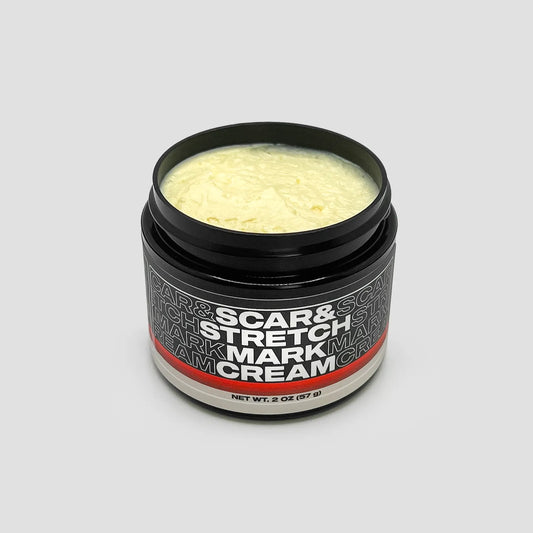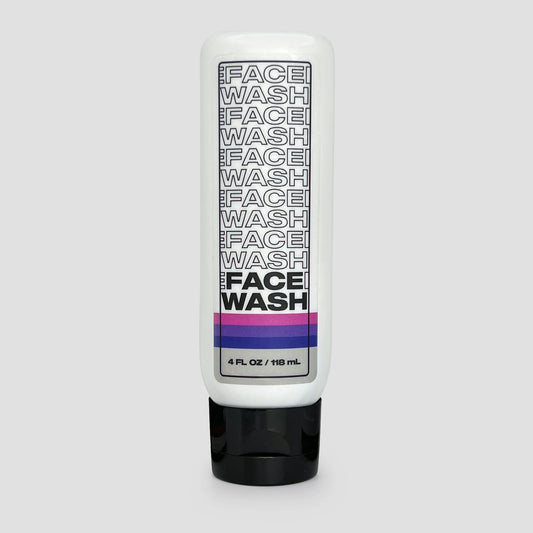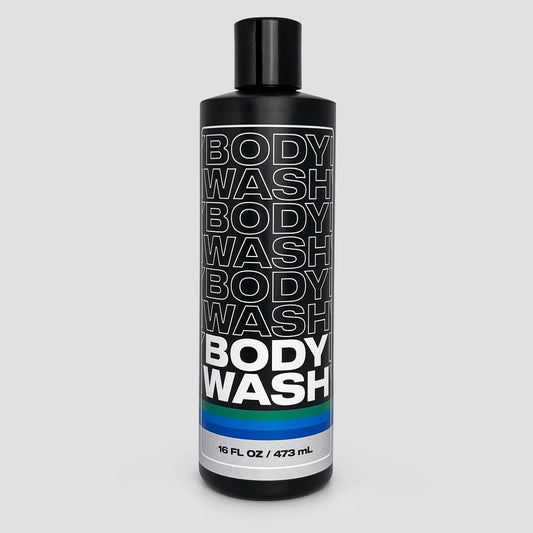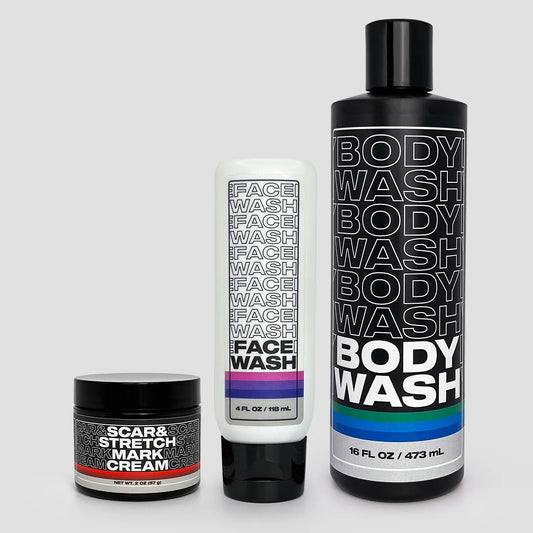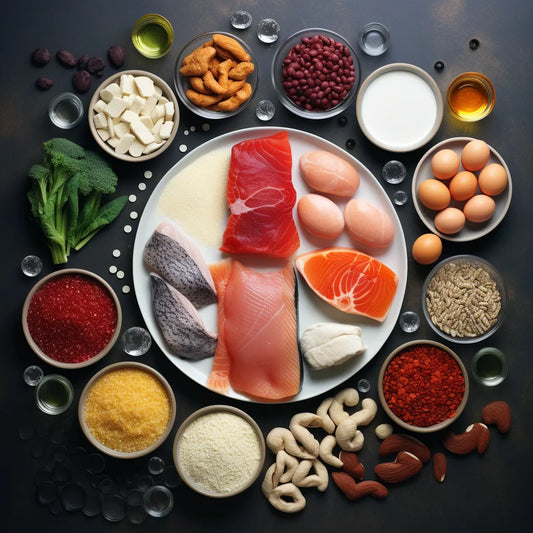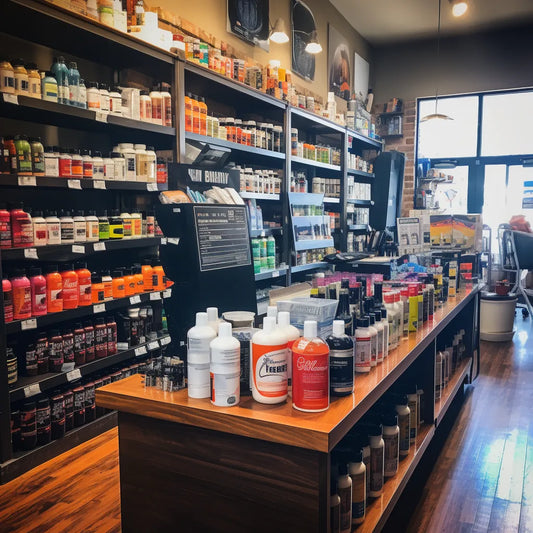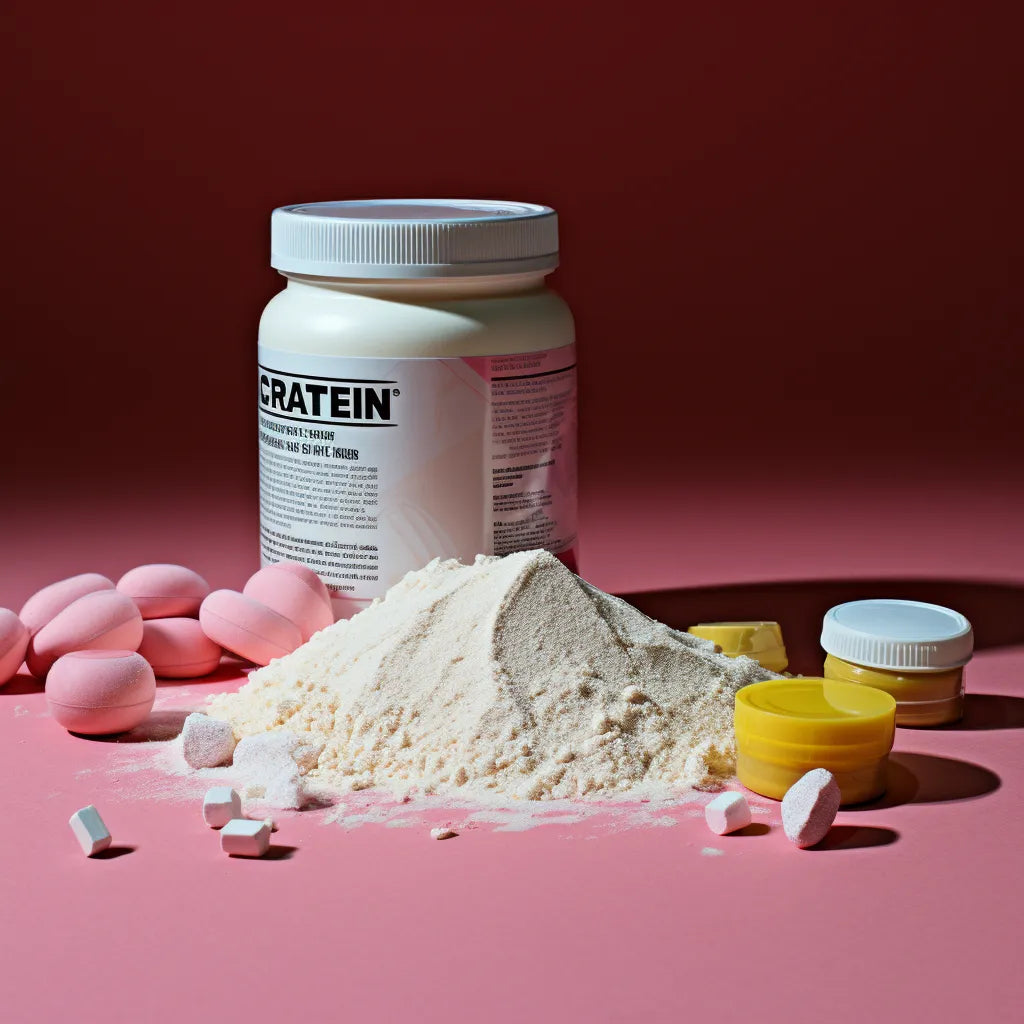

When it comes to sculpting your body, the real work starts in the kitchen. Knowing what to feed your muscles is as important as how you work them out. Today, we're shining a spotlight on two popular protein sources: pea protein and egg protein.
Choosing the right kind of protein makes a big impact on your athletic performance and recovery. It's not just about the quantity, but the quality and composition of the protein you consume.
So should you be gulping down pea protein or cracking open an egg protein shake post-workout? Strap yourself in, we're diving deep into this high protein showdown.
By the end of this read, you'll have a better understanding of pea protein and egg protein, allowing you to make an informed decision based on your dietary needs and fitness goals.
What are the nutritional profiles of pea protein and egg protein?
Pea protein is a plant-based protein source, often praised for being high in branched-chain amino acids which are crucial for muscle recovery. It's also hypoallergenic, making it a great option for those with dietary restrictions or intolerances. On the other hand, egg protein is derived from whole eggs and guarantees all nine essential amino acids your body requires. It is a complete protein source with a high biological value, meaning your body can utilize it effectively. However, it may not be suitable for those with egg allergies or following a vegetarian/vegan diet.
How do pea protein and egg protein affect muscle recovery?
Both proteins offer benefits for muscle recovery, but in slightly different ways. Pea protein is rich in l-arginine, an amino acid specifically helpful in muscle building and repair after a rigorous workout. Egg protein is renowned for its high leucine content, another amino acid profoundly associated with muscle recovery and growth. Moreover, the rapid digestion and absorption of egg protein promotes efficient nutrient delivery to your muscles.
How To: Incorporate Pea Protein and Egg Protein in Your Fitness Regimen
Knowing about pea protein and egg protein is one thing, but figuring out how to effectively incorporate them into your diet is another game. Here we share some tried and tested ways to get the most out of these high-quality proteins.
1. Assess Your Dietary Needs
Everybody is unique. The first step is to evaluate your individual nutritional needs, fitness goals, and any dietary restrictions. This assessment will guide your protein choice.
2. Try Both Proteins
You'll never know what works best for you until you try it. Why not give both proteins a shot and observe how your body responds?
3. Listen to Your Body
Pay attention to your energy levels, muscle recovery rate, and overall well-being while consuming each of these proteins.
4. Experiment with Timing
Test out consuming your protein shakes at different times: before, during, and after your workouts and observe how your body reacts.
How do pea protein and egg protein taste?
Taste preference is subjective, but generally, pea protein has a mild, slightly earthy flavor, and egg protein is often described as having a richer, creamier texture and taste. Many protein powders come with added flavors to enhance their palatability.
Can I use both pea protein and egg protein together?
Absolutely! If you're not restricted by dietary choices, combining pea and egg protein could potentially offer you the best of both worlds with their combined amino acid profile.
Setting the Record Straight: Pea Protein vs Egg Protein
Whether you choose egg protein or pea protein, remember that both are high-quality protein sources with their own unique advantages. What matters most is opting for the one that aligns with your fitness goals and dietary needs. Remember, protein is just one piece of the nutrition puzzle: a balanced diet, regular exercise, and rest are critical for optimal health and fitness.
Recap: The Low-Down on Proteins
- Pea protein and egg protein both have unique nutritional profiles and benefits.
- Understanding your individual needs and experimenting with each protein can help determine what suits you best.
- If not restricted by dietary choices, combining both proteins might offer the best benefits.
Keep pushing your limits, and remember, good nutrition is your ally in the journey to a healthier, stronger you. Let's keep the gains coming!

